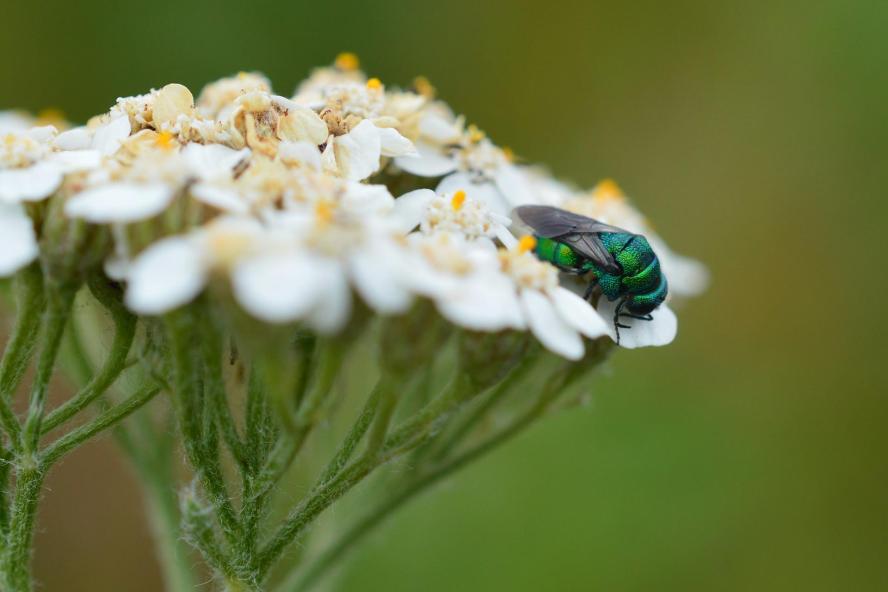
The Crone Lab
Principal Investigator: Elizabeth Crone
Location: Tsungming Tu Complex, 3rd floor
Faculty, post-docs, and graduate students in this concentration work on diverse aspects of global change biology, including conservation, habitat loss, range expansion, invasion ecology, extinction risk, stress physiology, adaptation, resilience, and climate change. Our research focuses on both plant and animal systems and emphasizes the integration of field and lab work to identify, understand, and resolve current environmental challenges. Our goal is to apply scientific rigor to applied problems.

(* Asterisk denotes faculty mentors currently not accepting graduate students.)
We now have an Open Choice MS (OC-MS) program.
Our general philosophy regarding coursework is that you take only classes that you need to pick up skills that are important to your research (if a course is the best way to pick up those skills!), as well as courses that deepen your knowledge in your specific research area. [OK, if a course looks really interesting, and if it does not distract you too much from your research…] Consequently, the list below is NOT a list of courses that you ought to take if you are interested in Global Change Biology. Rather, they are courses that you might wish to consider taking to complement a particular research expertise that you are developing. Ultimately, the decision about what classes to take will be up to you and your committee.
Seminar in Evolutionary Ecology (Bio 244) (offered in alternate years)

Principal Investigator: Elizabeth Crone
Location: Tsungming Tu Complex, 3rd floor
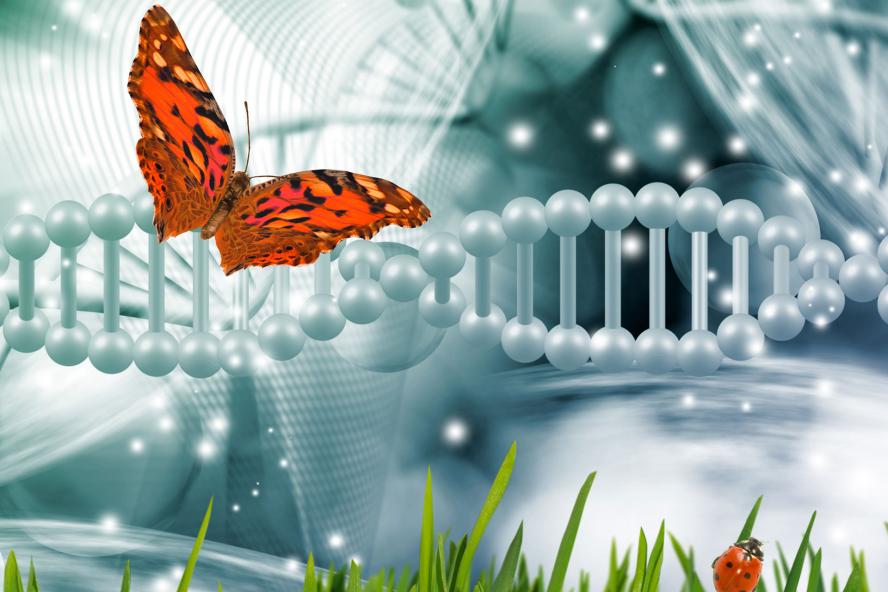
Principal Investigator: Erik Dopman
Location: 200 Boston Ave., Suite 4700
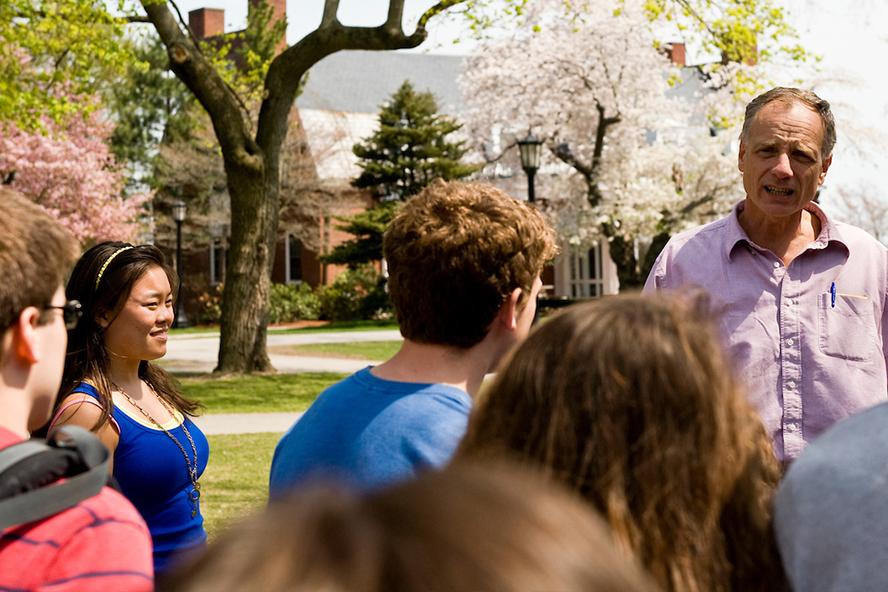
Principal Investigator: George S. Ellmore
The lab focuses on plant development and growth strategies in novel environments.
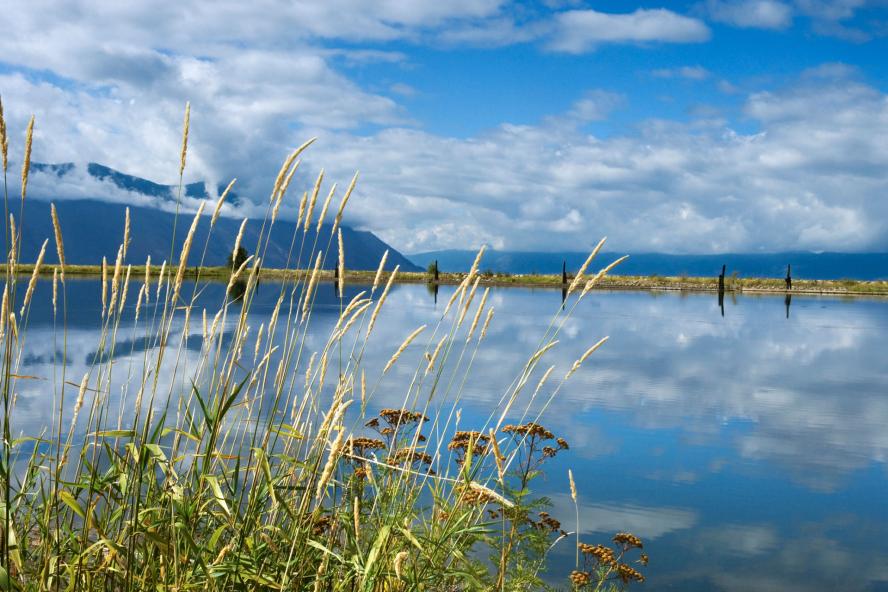
Principal Investigator: Colin Orians
Location: Tsungming Tu Complex, 3rd floor
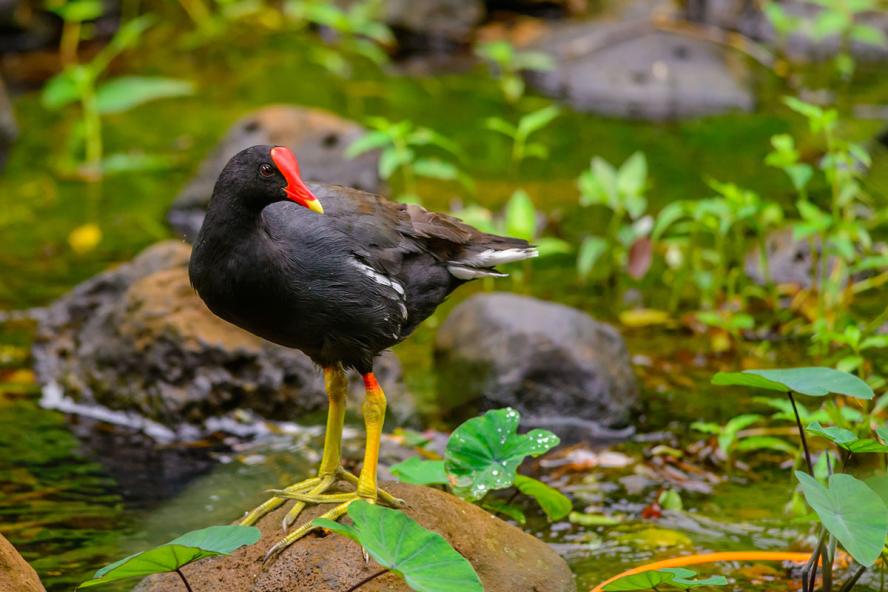
Principal Investigator: Michael Reed
Location: Robinson Hall, Room 359
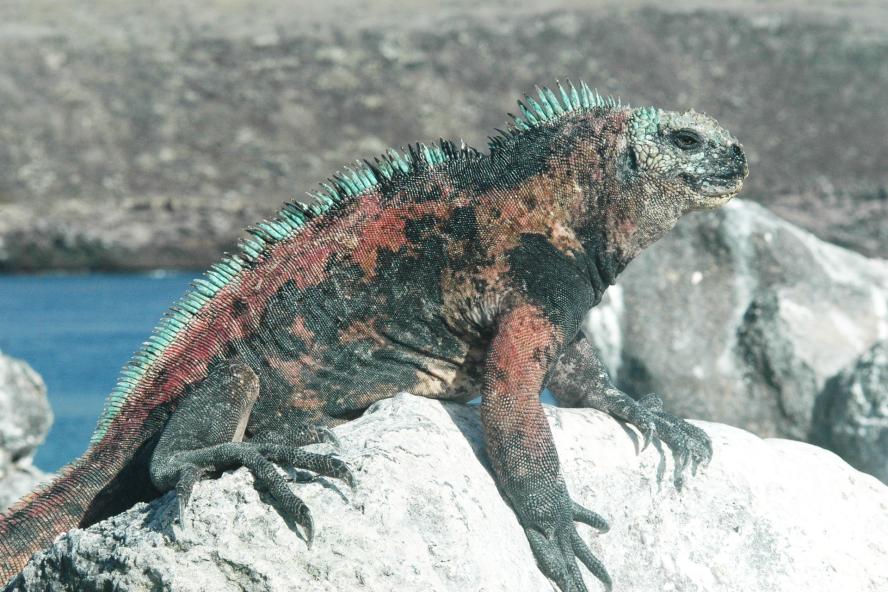
Principal Investigator: Michael Romero
Location: Tsungming Tu Complex, 2nd floor

Principal Investigator: Randi Rotjan
Location: Tsungming Tu Complex, 3rd floor
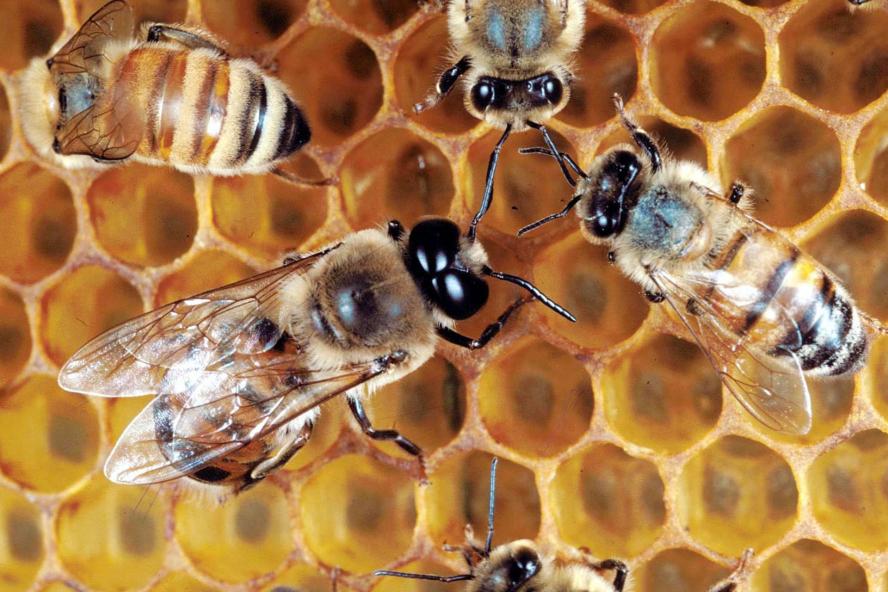
Principal Investigator: Philip Starks
Location: Tsungming Tu Complex, 3rd floor
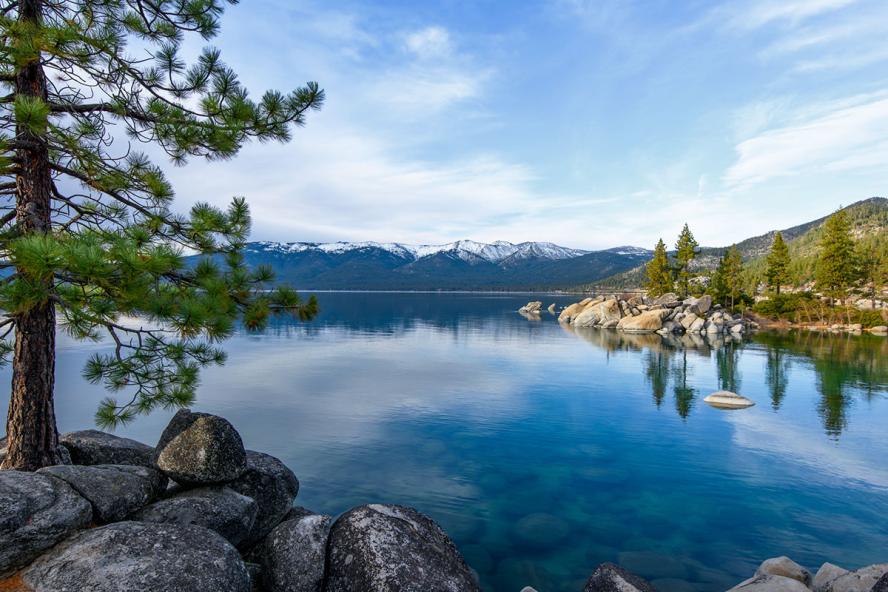
Principal Investigator: Lawrence Uricchio
Location: Tsungming Tu Complex, 2nd floor